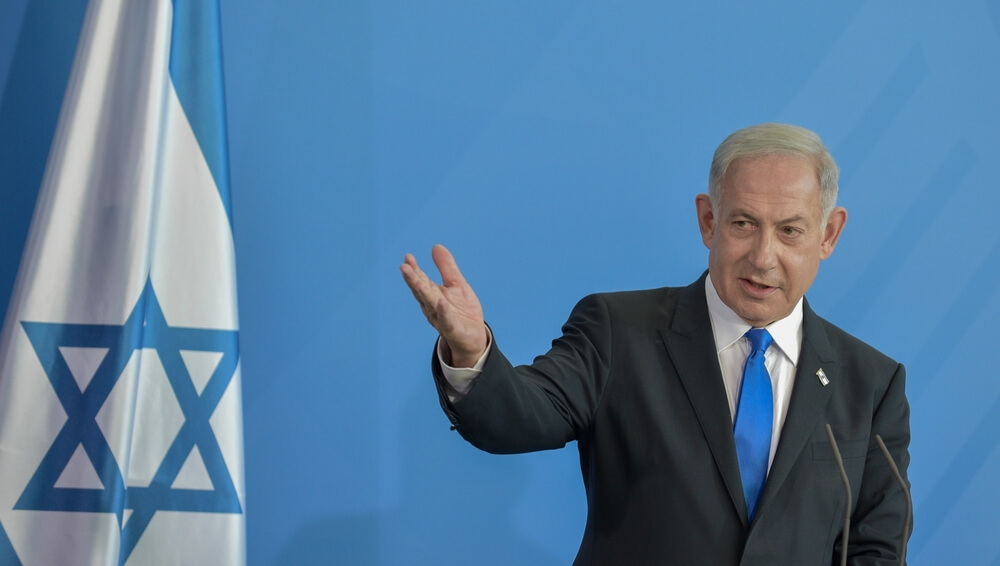While the Syrian government crumbled under the onslaught of opposition troops, and Bashar al-Assad fled the country, Turkey emerged as the biggest beneficiary of the coup. At the same time, Ankara is positioning itself as the factor that could have the greatest influence in the post-Assad shaping of Syria.
Although Ankara has never confirmed its involvement in the opposition offensive against government forces in Damascus, it is clear that it would not have happened without Turkey's green light and particularly its tangible support on the ground.
The rapid downfall of the Assad regime is a result of a significant shift in the Middle East's power dynamics, particularly the erosion of Iran and Russia's status as Bashar Al Assad's principal allies.
Turkey has carefully chosen the timing for action, undoubtedly with careful diplomatic support for its ambitions in Syria and the region.
In this respect, Bashar Al Assad's rejection of Turkey's persistent offer of dialogue marked his final misstep before the offensive that will ultimately lead to his ousting.
A belated attempt by Iran
Yesterday's Syrian autocrat did not recognise those calls as the last chance to extend the life of his regime; he remained firm in his confrontation with Turkey over its military presence in north-eastern Syria.
Assad based the strategy of his relations with Turkey on the expectation of a change of government in Ankara and the arrival of opposition forces, which would have more understanding than Recep Tayyip Erdoğan for the issue of Kurds and Syrian refugees.
But, as is usually the case with isolated autocrats, their assessments of changing external circumstances turn out to be wishful thinking, without much ground in reality.
Assad's refusal to talk to the government in Ankara sealed his fate
Assad's refusal to talk to the government in Ankara sealed his fate. The main Syrian allies recognised this rejection of dialogue as a pivotal moment and attempted to offer their partner in Damascus another chance through their mediation, but it was too late.
The arrival of Abbas Araghchi, the chief of Iranian diplomacy, first in Damascus on 1 December and then in Ankara a day later, was an attempt to halt the opposition's military offensive against Assad's forces, but it was unsuccessful.
Turkey achieved most of the goals
The still-tense power transfer situation in Syria makes it clear that Turkey has achieved most, if not all, of its long-term Syria goals, although it is still too early to talk about the resolution.
The removal of Assad and his regime paves the way for Ankara to eliminate the threat posed by the militant Kurds from the People's Defence Units (YPG).
Given their status as a terrorist branch of the Kurdistan Workers' Party (PKK) and their overall threat to national security, Turkey anticipates a reduction in the Kurdish influence in Syria, where it enjoys autonomy. Even more, Turkey is hoping for a decline in US support for the Syrian Kurds after the arrival of Donald Trump, which it expects would be the final blow to what Ankara considers a threat to national security.
Turkey's expectations regarding Trump are that, in accordance with his policy of withdrawing from crisis hotspots, he will withdraw members of the US military from Syria, which number around 900, and that he will also leave Turkey, as an important regional ally, to dictate the processes in post-Assad's Syria.
The collapse of the Assad regime provides Turkey with the opportunity to repatriate millions of Syrian refugees
Second, the collapse of the Assad regime provides Turkey with the opportunity to repatriate millions of Syrian refugees. This presents an opportunity for the Ankara government to address a highly sensitive internal issue in Turkey, because of which it has been under significant pressure from both the opposition and the public and its anti-migrant sentiment.
Finally, as the principal sponsor of the military shift in the decade-and-a-half-long conflict in Syria, Turkey is already establishing itself as an indispensable factor in laying the foundations for a new structure in the country, including the future government.
Is Turkish-Israeli rapprochement possible?
The departure of Assad also signifies the loss of Iran's and Russia's positions in a crucial area of the Middle East. The recovery of their influence is extremely uncertain in the case of Iran, due to the loss of support from its proxies (Hezbollah, Hamas, and now the government of Syria). Russia has reduced its military capacities in Syria to a minimum due to its complete focus on the invasion of Ukraine. It is unrealistic to maintain them after the overthrow of its ally, Assad.
 The interests of Israel and Turkey in the region, perhaps paradoxically, completely coincided in the Syrian case - Benjamin Netanyahu
The interests of Israel and Turkey in the region, perhaps paradoxically, completely coincided in the Syrian case - Benjamin Netanyahu
One of the significant implications for the region could be the rapprochement of Turkey's and Israel's positions. Although their relations have reached their lowest point due to the Israeli operation against Hamas, the developments in Syria are bringing them closer almost overnight.
The interests of Israel and Turkey in the region, perhaps paradoxically, completely coincided in the Syrian case. Israel had a vital interest in displacing Iran not only as a sponsor of the Assad regime but also in closing off Syria as the main arms supply corridor for Hezbollah in Lebanon.
Although it is still too early to expect a complete normalisation of relations between Turkey and Israel, the processes in Syria hint at a thaw. In the event that Trump's Middle East strategy is such that he delegates part of his influence to his regional partners, Turkey and Israel will be the first choice and thus gain additional influence in resolving regional crises.
The events in Syria showed that their interests do not collide at one of the most important points of the overall regional crisis. This could be an important starting point for the Turkish-Israeli rapprochement regarding other hotspots in the Middle East as well.